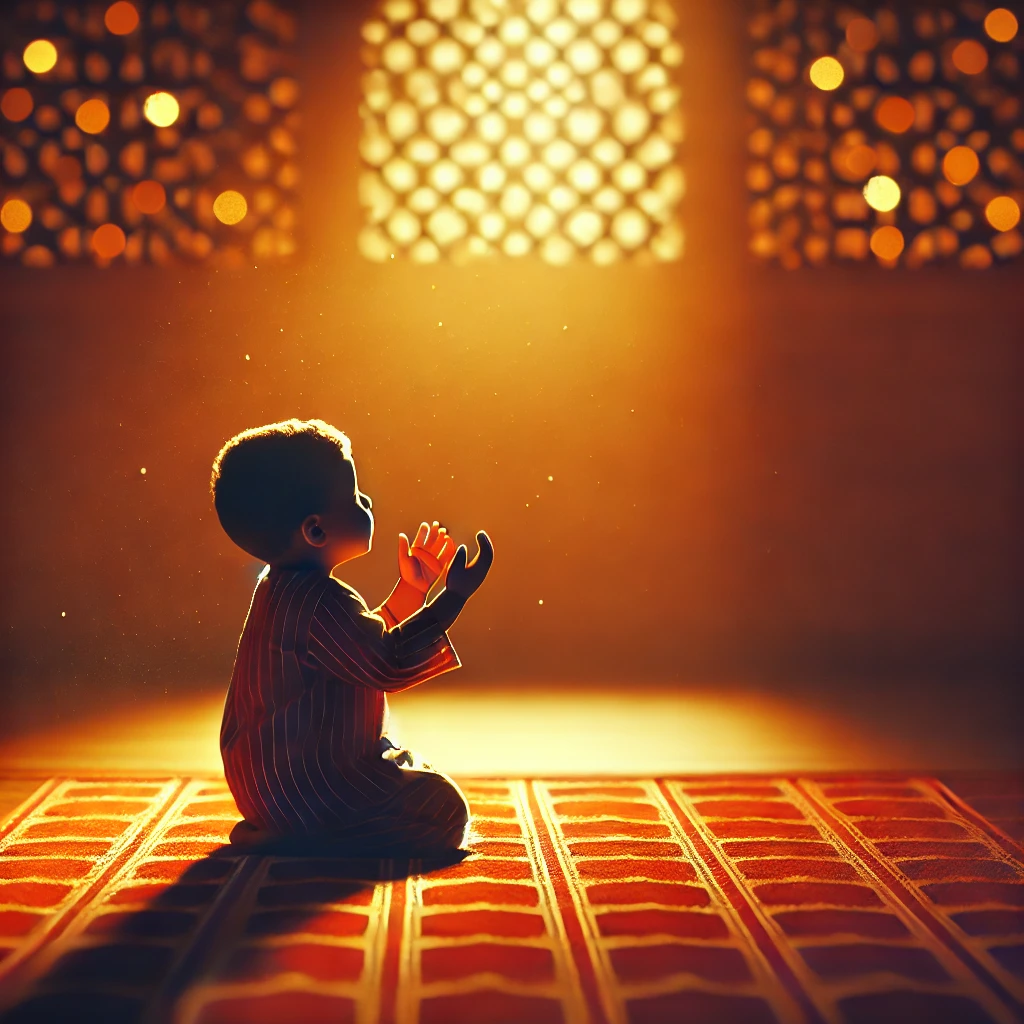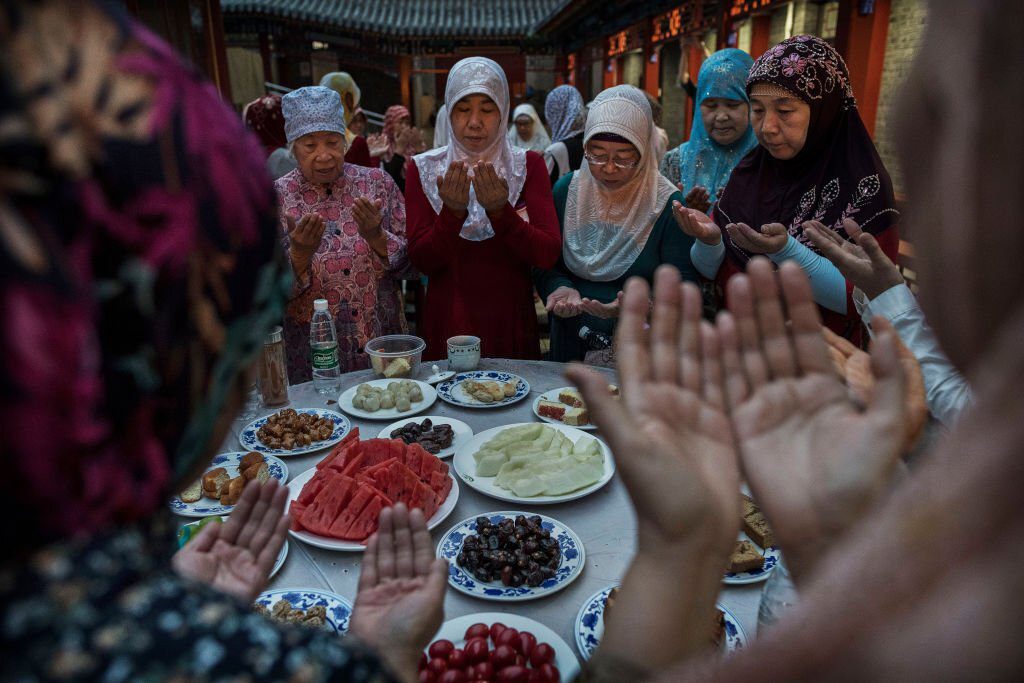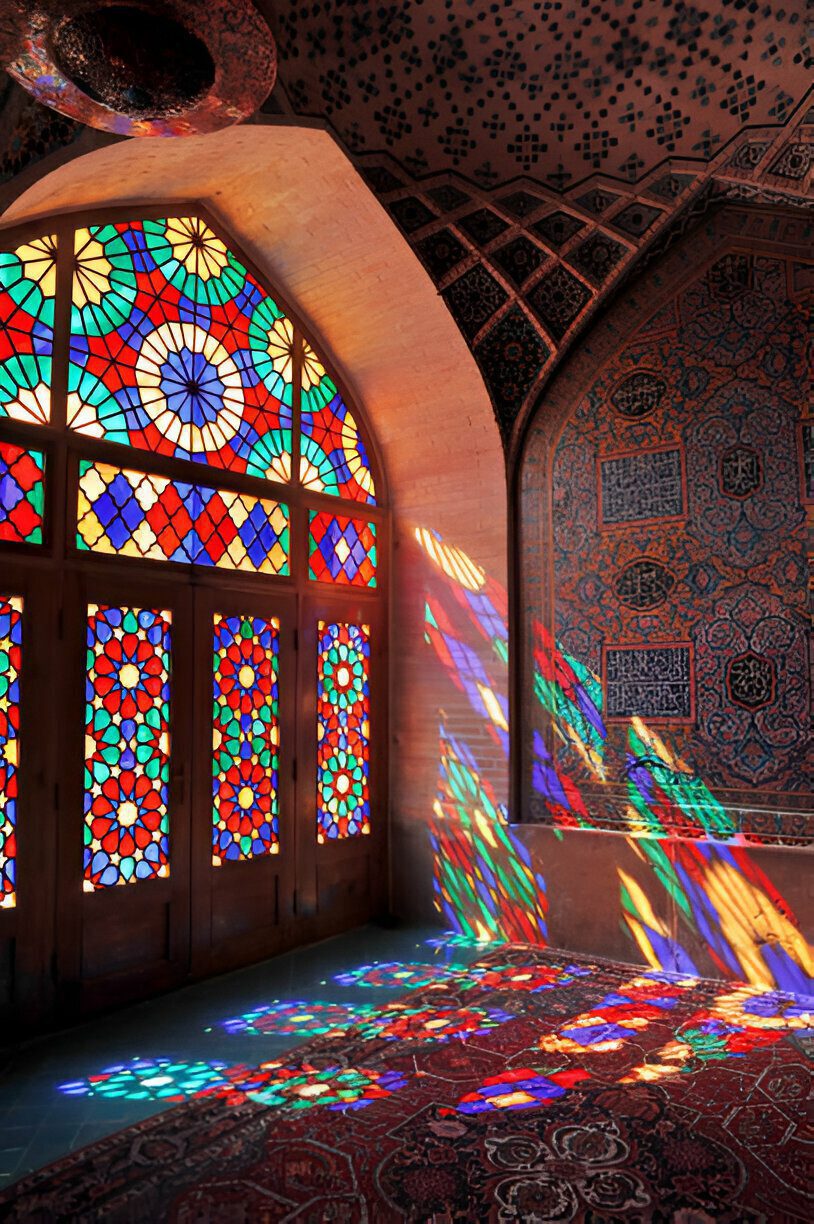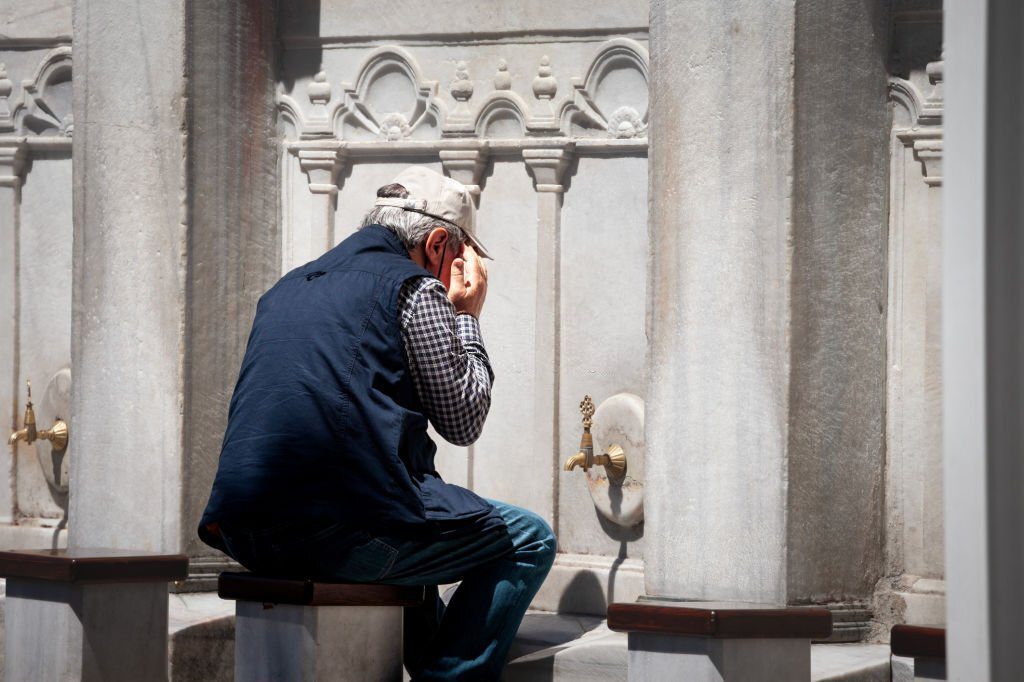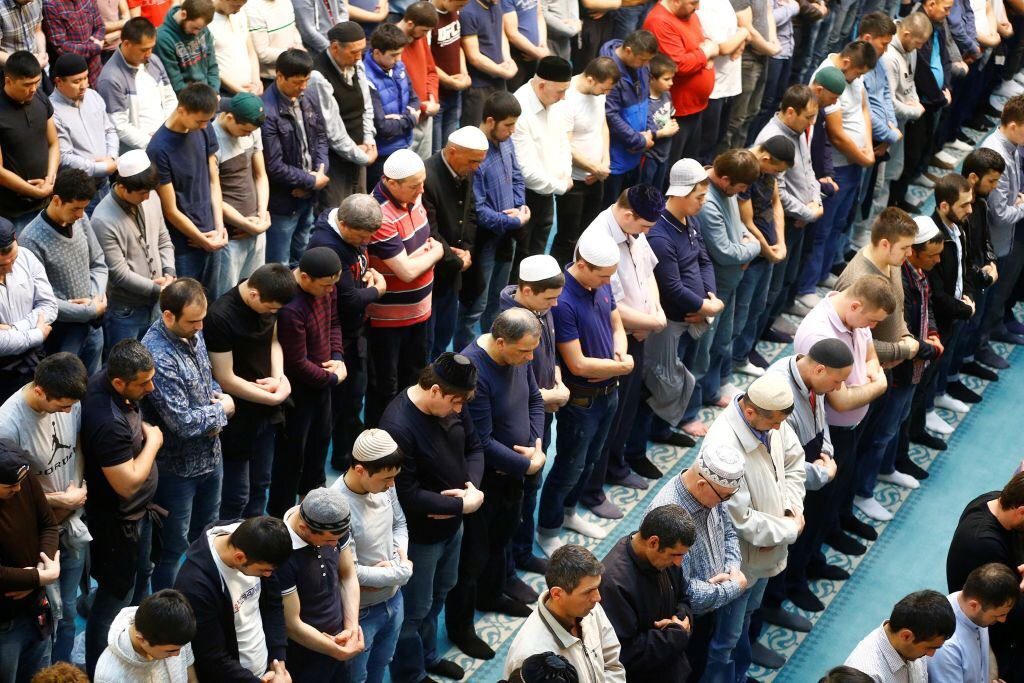Our parents have made countless sacrifices to raise us, and though we can never fully repay them for their kindness, we can strive to honor and treat them with the utmost respect and care.
The concept of Dua, which literally means “invocation,” is an act of supplication in Islam. Derived from an Arabic word meaning “to call out” or “to summon,” Dua is considered a profound act of worship by Muslims. It is one way believers seek blessings, including asking for their parents’ well-being.
Allah s.w.t. says in the Quran:
Your Lord has decreed that you worship none but Him and that you be kind to parents. Whether one or both of them attain old age in your life, say not to them a word of contempt, nor repel them, but address them in terms of honour
(Surah Al-Isra, 17:23)
The Role of Parents in Islam
Parents hold a significant and revered position in Islam. This respect for parents is not unique to Islam but is a value shared across all religions and societies. The recognition of parents’ sacrifices and the need to honor them is universal.
From a material perspective, we owe a deep debt to our parents, especially our mothers. A mother’s contribution begins even before birth; she nourished us in her womb, enduring pain and suffering. She loved us unconditionally, even before seeing our faces.
In partnership, our parents worked tirelessly to provide for our every need, be it physical, educational, psychological, or, in many cases, religious, moral, and spiritual. Their combined efforts have shaped who we are today, guiding us through the complexities of life and instilling values that continue to influence our actions.
The reverence and respect accorded to parents in Islam and other faiths are rooted in these sacrifices and contributions. While we may never fully repay our parents for all they have done, we can strive to honor them in our daily lives, acknowledging their endless support and love.
Recognizing the importance of parents and the sacrifices they have made is essential in fostering a society that values respect, gratitude, and compassion.
Dua for forgiveness for Parents
رَبَّنَا اغْفِرْ لِي وَلِوَالِدَيَّ وَلِلْمُؤْمِنِينَ يَوْمَ يَقُومُ الْحِسَابُ
Rabbana-ghfirlī wa liwālidayya wa lilmu’minīna yauma yaqūmul-hisāb
Our Lord! Forgive me, my parents, and the believers on the Day when the judgment will come to pass.
(Surah Ibrahim, 14:41)
Dua for mercy for parents
رَّبِّ ارْحَمْهُمَا كَمَا رَبَّيَانِي صَغِيرًا
Rabbi irhamhuma kama rabbayanee sagheera
“My Lord! Be merciful to them as they raised me when I was young.”
(Surah Al-Isra’ 17:24)
Dua for forgiveness for parents and guests
رَّبِّ اغْفِرْ لِي وَلِوَالِدَيَّ وَلِمَن دَخَلَ بَيْتِيَ مُؤْمِنًا وَلِلْمُؤْمِنِينَ وَٱلْمُؤْمِنَٰتِ
Rabbi-ghfirlī wa liwālidayya wa liman dakhola baytī mu’minan wa-lilmu’minīna wal-mu’mināt
My Lord! Forgive me, my parents, and whoever enters my house in faith, and all believing men and women
(Surah Nuh, 71:28)
Dua to increase blessings for parents and instill gratefulness
رَبِّ أَوْزِعْنِي أَنْ أَشْكُرَ نِعْمَتَكَ الَّتِي أَنْعَمْتَ عَلَيَّ وَعَلَىٰ وَالِدَيَّ وَأَنْ أَعْمَلَ صَالِحًا تَرْضَاهُ وَأَدْخِلْنِي بِرَحْمَتِكَ فِي عِبَادِكَ الصَّالِحِينَ
Rabbi awzi’nī an asykura ni’matakal-latī an’amta ‘alayya wa ‘ala wālidayya wa an a’mala salihan tardhāhu wa adkhilnī birahmatika fī ‘ibādikas-soliheen
My Lord, inspire me to (always) be thankful for the blessings You have granted me and my parents, and to do good deeds that please You; admit me by Your grace into the ranks of Your righteous servants
(Surah An-Naml, 27:19)
